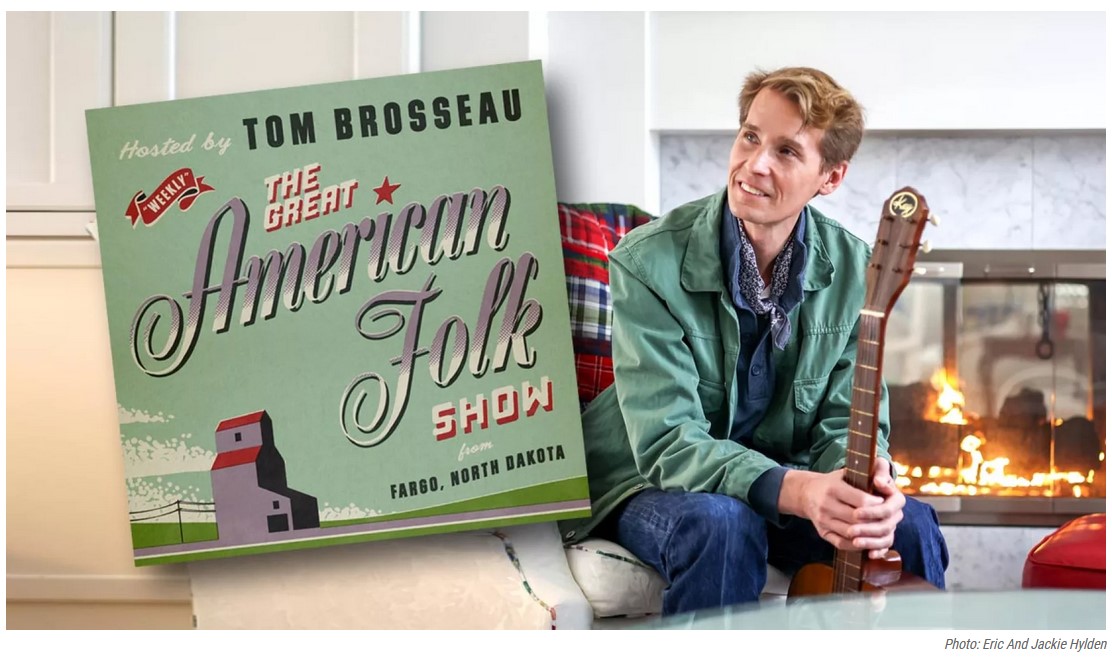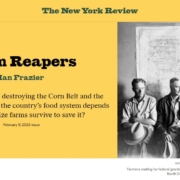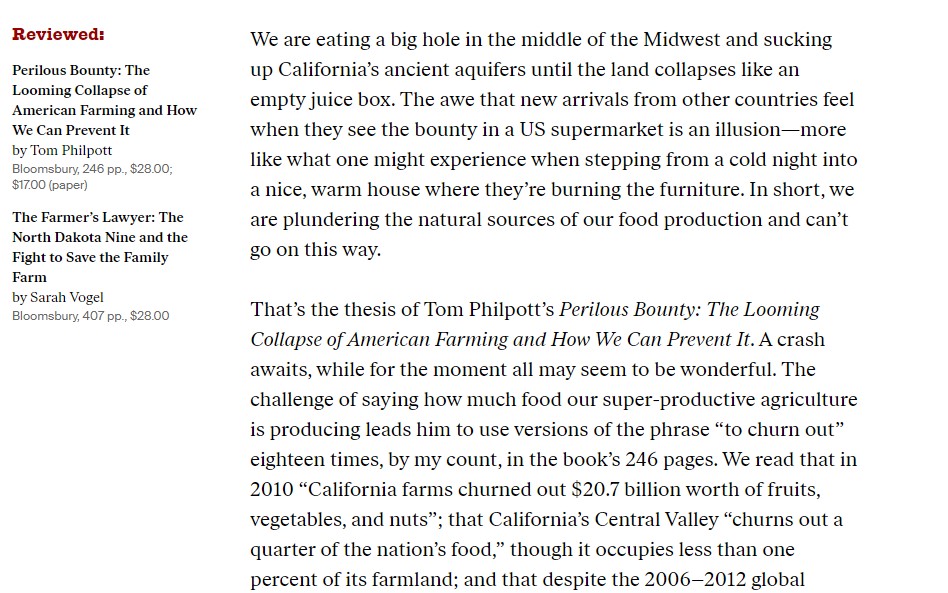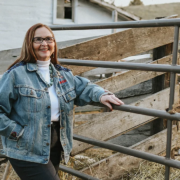Press
A big thank you to Michelle Glogovac for having me on the My Simplified Life podcast!
In this episode, Michelle and Sarah discuss:
- Public policy matters, and who you elect matters
- Family farming is closely connected to democracy
- The mistreatment of Native American farmers and ranchers was the worst
Thanks to Tom Brosseau and The Great American Folk Show for bringing Sarah on to read a segment of The Farmer’s Lawyer!
Listen to the full episode on the Prairie Public website.
Episode and show information from The Great American Folk Show site:
The Great American Folk Show is a little place on the radio where we commune with you to share stories, sing songs, and talk to some good people with great voices.
Episode 87 features poet and songwriter Jake Gibbons, musician Lowell Larsen, North Dakota author Sarah Vogel, and a Dakota Diners visit to Tacos Garcia in Killdeer, ND. Plus, a visit with Notstock creators Laurie Geller and Bill Harbort, to preview this year’s Notstock festival in Minot.
—
The Great American Folk Show is written, recorded, and hosted by folksinger and songwriter Tom Brosseau, announced by Joe Wiegand, and produced by Prairie Public Broadcasting. Original instrumentation by Burkum Boys. Additional music by Sean Watkins. Special flyer design by DLT. Photo by Eric and Jackie Hylden.
On January 19th, The Farmer’s Lawyer: The North Dakota Nine and the Fight to Save the Family Farm was featured prominently in a striking analysis of our current farm and resource crisis in The New York Review of Books. This timely and well-informed piece was written by the interminable Ian Frazier, author of thirteen books, including Great Plains.
Sarah is thrilled and honored to have her story and work featured in this stunning and urgent piece on one of the most crucial issues of our time: the intersection of farms, food, climate, resources, and human beings. The essay also prominently reviews another essential book of our time, Perilous Bounty: The Looming Collapse of American Farming and How We Can Prevent It by Tom Philpott.
From The New York Review, “Grim Reapers: Mega-agriculture is destroying the Corn Belt and the Central Valley, which the country’s food system depends on. Can midsize farms survive to save it?”:
“[Vogel] was the farmers’ lawyer and hero. The Coleman victory created public awareness of what farmers were going through.”
Read the full “Grim Reapers” piece on The New York Review of Books website.
Her book and our interview begin with a long view of the Vogel family’s commitment to justice for farmers, beginning with a history of the Nonpartisan League, the left-wing political party founded by North Dakota socialist Arthur C. Townley to protect farmers during the Great Depression. Sarah’s grandfather Frank Vogel, a dedicated Nonpartisan Leaguer, was the most trusted advisor of “Wild Bill” Langer, governor of North Dakota from 1933-1934 and 1937-1939 who in his first speech as governor insisted that there can [quote] “be no return to prosperity in North Dakota that doesn’t begin with the farmer.”
Anyone 50 or over will remember the 1980s farm crisis that choked the nation’s heartland. Family farm after family farm fell to the auctioneer’s block.
It was much more than the loss of a business, though. For many farmers, it was their inheritance and legacy threatened by Administrative Notice 580 handed down by the FmHA that accelerated payment schedules of borrowers behind on their payments or who had violated any agreement terms of their loans.
North Dakota attorney Sarah Vogel, in her exhaustively researched account, “The Farmer’s Lawyer,” tells the heartbreaking but later inspiring story of how she as a young lawyer fought and beat the federal government in the landmark class-action case Coleman vs. Block that originated with a lawsuit in which Vogel represented nine North Dakota farmers against the FmHA.













